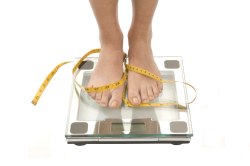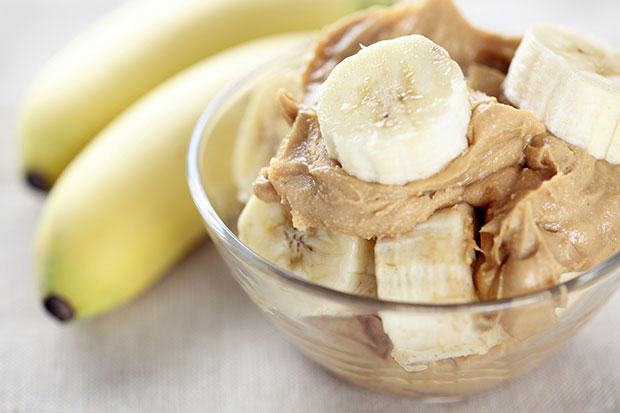Women who’d been exposed to health magazines enjoyed the chocolate 16% more than the other participants. Why? They were primed to feel guilty about eating an unhealthy snack, and that guilt actually increased their sense of pleasure, the study explains. The researchers also repeated the experiment with slight variations, but in each case, participants primed to feel guilty derived more enjoyment from the chocolate.
A link between guilt and pleasure might seem surprising. But we can blame our thin-obsessed culture, which labels indulgences as “sinful,” for the connection, explains study author Kelly Goldsmith, PhD, an assistant professor of marketing at Northwestern. “If guilt and pleasure are repeatedly connected, either by others or by ourselves, over time our brains may start to expect pleasure when we experience guilt,” she says.
And that could make it tough to keep indulgences in-check. Researchers didn’t measure the amount of chocolate consumed, but they speculate that a heightened sense of pleasure may cause guilt-stricken people to eat more even when they know they shouldn’t. (Stress can also be a major trigger for overindulgence, so bust the habit with these tips to control stress-related eating.)
So what’s the solution? Try cutting yourself some slack: In a study published in Personality and Individual Differences, psychologists found that self-forgiveness reduces both guilt and the likelihood of repeating guilt-inducing behaviors. Give yourself the green light to indulge from time to time, and you’ll feel less guilt—and less inclination to overdo it.
More from Prevention: 10 Foods You Should Indulge In




